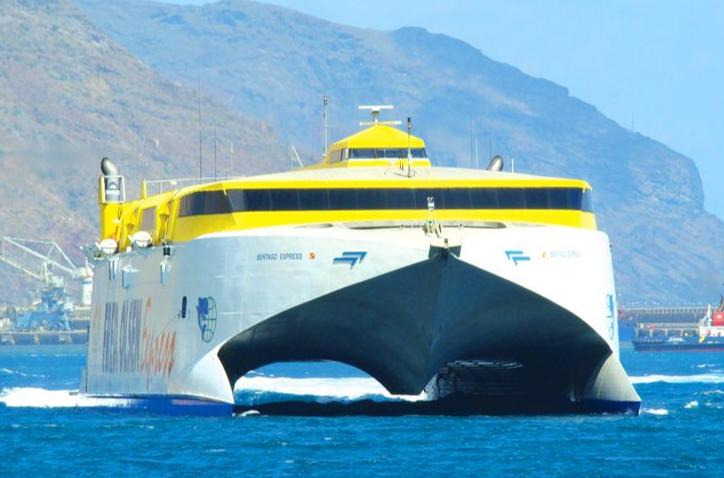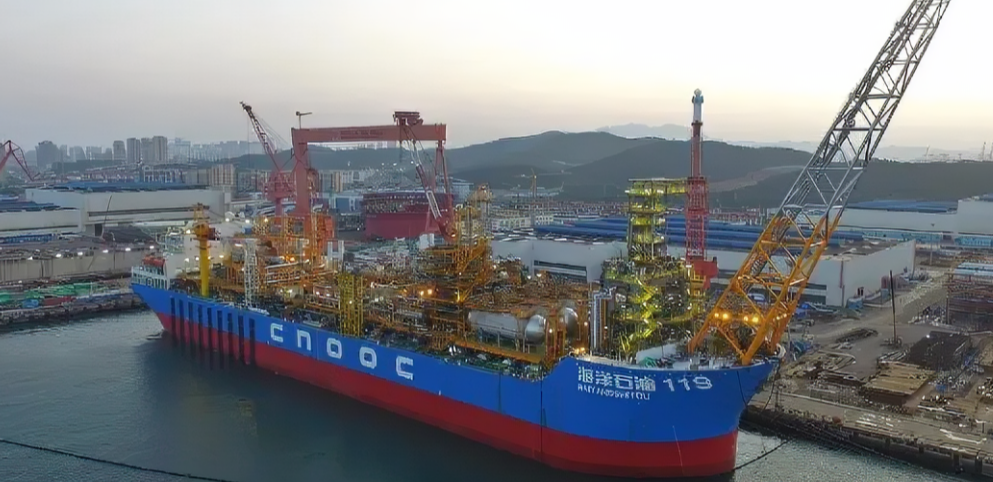Ship sales series of used ship imports
In addition, according to the provisions of Article 34 and Article 35 of the Provisions on the Administration of Domestic Waterway Transport, second-hand ship importers with foreign capital background in applying for waterway transport qualifications, in addition to meeting the above qualifications, should also meet the following conditions: (a) within the scope of the proposed business, domestic waterway transport operators can not meet the needs; (2) It shall have good performance and operational records in the operation of waterway transport business. Local transport authorities may, according to the actual situation of domestic waterway transport, decide whether to allow used ship importers with foreign capital background to operate domestic waterway transport.

The above two conditions will greatly increase the threshold for ordinary foreign-invested enterprises to operate water transport business in the country, and it can even be said that foreign-funded enterprises want to obtain domestic water transport qualifications is very difficult. As far as we know, several existing foreign-invested enterprises engaged in domestic waterway transportation without exception have chosen to jointly establish the structure of domestic companies controlled by state-owned enterprises, and the establishment time is earlier than 2014 (the Regulations on the Management of Domestic Waterway Transportation was amended in 2014).
3. Bareboat charter of foreign ships for domestic waterway transportation
In theory, importing used ships is not the only way to increase capacity. Domestic enterprises can choose to operate domestic waterway transport by bareboat charter (" bareboat charter ") of foreign vessels. Article 8 of the Regulations on the Management of Old Transport Vessels stipulates:
"When a ship of a foreign nationality is purchased or a ship of a foreign nationality is leased under the bareboat charter conditions to engage in waterway transport, the ship must meet the age requirements for the purchase or bareboat charter of a ship of a foreign nationality as stipulated in the Appendix to these Regulations, and its hull, major mechanical and electrical equipment, safety and anti-pollution equipment, etc., shall comply with the statutory technical rules for vessel inspection."
Article 28 of the Ship Registration Regulations provides that:
"Where a ship is chartered from abroad on bareboat terms, the charterer shall determine the port of registration in accordance with the provisions of Article 9 of these Regulations, and apply to the ship registration authority for bareboat charter registration before the commencement of the charter with the following documents:

(1) Original and duplicate of bareboat charter contract;
(2) valid ship technical certificate issued by the statutory ship inspection authority;
(3) A certificate of suspension or cancellation of the nationality of the ship issued by the ship registration authority at the port of original registration, or a certificate of suspension or cancellation of the nationality of the ship immediately upon re-registration.
Where the provisions of these Regulations are complied with after examination, the ship registration authority shall issue a bareboat charter registration certificate, and shall issue a provisional ship nationality certificate in accordance with the provisions of Article 17 of these Regulations, indicating the original country of registration in the ship register."
However, in practice, in addition to registering with the Maritime Bureau in accordance with the above requirements and passing the inspection of the China Classification Society, it is still necessary to obtain the permission to increase the capacity and apply for the ship business Transport Certificate for the chartered ship. As far as we know, except in rare cases, such as the need to charter a special engineering ship from abroad for a large national port project, ordinary commercial operations, it is almost impossible to obtain the above permission.
In addition, bareboat charter vessels also need to go through the import formalities at the customs. The duty and VAT rates are the same as those applicable when importing used vessels. In addition to customs duties and value-added tax, when paying rent to overseas entities, the lessor's enterprise income tax shall be paid on behalf of the lessor in accordance with the provisions of Articles 3 and 4 of the Enterprise Income Tax Law. The current tax rate is 10%.
- ABB
- General Electric
- EMERSON
- Honeywell
- HIMA
- ALSTOM
- Rolls-Royce
- MOTOROLA
- Rockwell
- Siemens
- Woodward
- YOKOGAWA
- FOXBORO
- KOLLMORGEN
- MOOG
- KB
- YAMAHA
- BENDER
- TEKTRONIX
- Westinghouse
- AMAT
- AB
- XYCOM
- Yaskawa
- B&R
- Schneider
- Kongsberg
- NI
- WATLOW
- ProSoft
- SEW
- ADVANCED
- Reliance
- TRICONEX
- METSO
- MAN
- Advantest
- STUDER
- KONGSBERG
- DANAHER MOTION
- Bently
- Galil
- EATON
- MOLEX
- DEIF
- B&W
- ZYGO
- Aerotech
- DANFOSS
- Beijer
- Moxa
- Rexroth
- Johnson
- WAGO
- TOSHIBA
- BMCM
- SMC
- HITACHI
- HIRSCHMANN
- Application field
- XP POWER
- CTI
- TRICON
- STOBER
- Thinklogical
- Horner Automation
- Meggitt
- Fanuc
- Baldor
- SHINKAWA
- Other Brands




































































































































